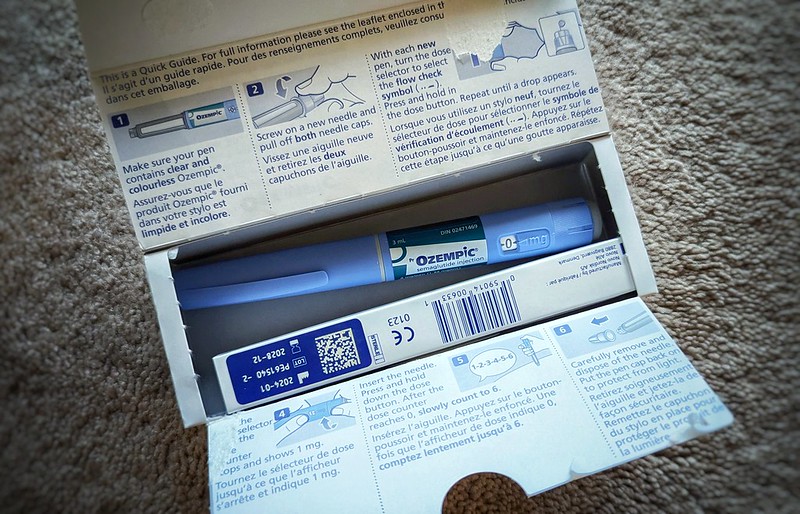I started sucking in my stomach at the age of nine. I think about that sometimes and it seems crazy to me that I had such an awareness that I was bigger than my friends before I was ten years old.
The reason I began sucking in my stomach was because I moved schools and that meant I was opening myself up to hundreds of new people who would see me daily.
And I guess I thought that by constantly holding in my tummy I would somehow not look fat, and therefore not be an easy target for cruel jokes.
I’m 25 now and I don’t think I have ever been happy with my weight.
Even when I was skin and bone after developing gallstones and pancreatitis at 18, when my body shrunk so small my calves were the same width as my thighs.
I’m still thinking about losing weight every day of my life, especially as my dream is to be a presenter which means I would be putting myself out there to (hopefully one day) hundreds of thousands of people.
But believe it or not, the unhappiness with my weight still never makes me want to take ozempic.
Ozempic was developed as a medication to treat type-two diabetes: a chronic condition where a hormone called insulin doesn’t work efficiently or there is not enough of it produced resulting in the level of glucose in your blood becoming too high.
However, it is now the new must-have weight loss medication that is sweeping Hollywood and the catwalks of fashion shows and consequently there has been a return of “heroin chic” body types and the glorification of skinny figures.
Kelly Osbourne, Billie Jean King and Meghan Trainor are just a few of the celebrities who have come forward proclaiming they’ve used ozempic to help them lose and manage their weight.
@enews #KellyOsbourne ♬ original sound – E! News
In the past ten years I felt as though the body positivity campaign had come a long way since I was a teenager as I was seeing more diverse bodies in the media I was consuming.
There has been a growing movement of people referring to themselves as ‘mid-size’ and some creators are trying to show more honesty when it comes to what they actually look like behind filters and good lighting.
Barbie even comes in different shapes and sizes now.
However, just 0.8% of 8,763 looks presented across 208 shows across New York, London, Milan and Paris fashion weeks were plus-size, Vogue Business’ size inclusivity report revealed.
London was notably the most size inclusive fashion week out of those featured in the report, with London-based designer Katoline Vitto as the only designer to feature 100% mid or plus-size looks.
Out of 39 shows across the four big fashion weeks 18 had 0% plus-size looks.
Plus-size model and fashion consultant Becky Barnes has noticed a difference in her work since the ozempic boom.
Barnes said: “I’ve definitely seen a drop in work for myself and my fellow plus size models. Even plus size specific brands are using smaller models.
“It is a reflection of societal trends, but the fact that casting directors are pandering to said trends is worrying. They have the power to drive positive change and represent all types of bodies.”
Plus-size model Bryony Moss is also worried about the return of super skinny models.
Moss said: “It took me years to decide that I wanted to work in the fashion industry.
“I fear that if brands use thinner models that conditions like eating disorders will be on the rise – which I find very scary.”
I began to wonder – if we would be consuming more media that would feature smaller bodies, as well as having weight-loss medication more readily available, how would that affect the body positivity movement and the way that we see ourselves?
Barnes believes the body positivity movement has already been affected.
She said: “There will always be some kind of fad weight loss product to prey on people’s insecurities – it’s a tale as old as time.
“This one just feels particularly scary, it’s a real unknown, and feels quite drastic.
“I just hope all these people on it are safe and stay well – I completely understand the reasons why they want to go on it, but it just feels like a disaster waiting to happen.”
Beat is the UK’s leading charity supporting those affected by eating disorders, they estimate that at least 1.25 million people in the UK have an eating disorder.
Tom Quinn, Beat’s Director of External Affairs, said: “We are very concerned about the increasing popularity of weight loss injections.
“Medications that cause weight loss are incredibly attractive to people with eating disorders because they appear to provide quick results.
“‘However, these medications are extremely dangerous to people because they can worsen harmful eating disorder behaviours and thoughts for people who are unwell, or contribute to an eating disorder developing in those who are vulnerable.”
The General Pharmaceutical Council (GPhC) issued a joint Enforcement Notice on 11 April making clear that adverts for named prescription-only medicines for weight-management are prohibited.
The notice applies to adverts on social media including Facebook, Instagram and TikTok.
GPhC has also published guidance that prescribers of weight-loss medication must independently verify a person’s weight, height and/or body mass index before issuing medication.
The guidance states: “We were pleased to see the General Pharmaceuticals Council had brought in stricter rules around the prescription of weight loss injections.
“We hope the new rules ensure that these serious medications fall into the hands of fewer vulnerable people.
“However, we’d like to see further steps being taken, including a mandatory mental health screening to go alongside physical health checks – currently it’s not clear whether the new rules specify this.
“Eating disorders are serious mental health conditions which cannot be properly assessed by looking at BMI alone.”
Whether the medication is being used by A-list celebrities to achieve a smaller figure or everyday people to help manage their weight, it seems like the ozempic boom is here to stay.
I just hope that everyone is safe and well and that eventually we can all come to accept our bodies for what they are – myself included.
If you’re worried about your own or someone else’s health, you can contact Beat, the UK’s eating disorder charity on 0808 801 0677 or beateatingdisorders.org.uk.
Feature image: Ozempic pen. Image by Dennis Sylvester Hurd via Flickr. CC BY 2.0





